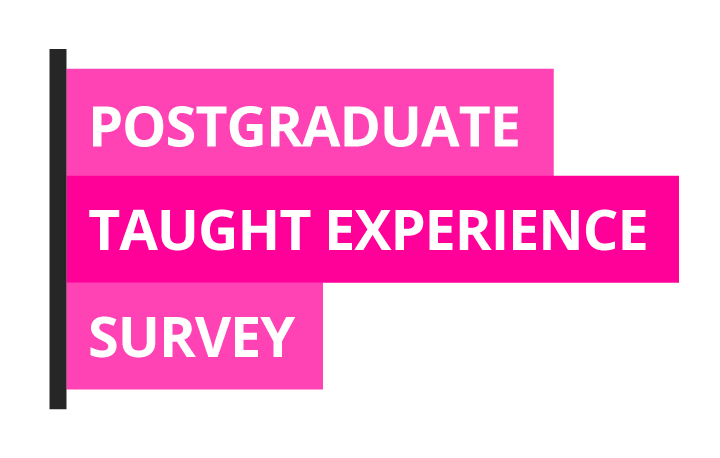Vice-Chancellor’s Education Excellence Awards
Applications are now open for the all-new Vice-Chancellor’s Education Excellence Awards – a chance to recognise the exceptional contributions of staff who teach or support students’ learning.
The awards are open to all members of staff, academic and professional services, individuals and teams who have made a marked impact on enhancing our students’ educational experience.
Groups of colleagues who work closely together are invited to apply for the newly-established team award.
For details of the revised criteria, and application process, please see http://www.ncl.ac.uk/ltds/funding/vc/
Deadline for applications: Wednesday the 25th April
Postgraduate Taught Experience Survey
Continue reading “April 2018 Learning and Teaching Newsletter”




